Publications
Articles, publications, books, tools and multimedia features from the U.S. Institute of Peace provide the latest news, analysis, research findings, practitioner guides and reports, all related to the conflict zones and issues that are at the center of the Institute’s work to prevent and reduce violent conflict.
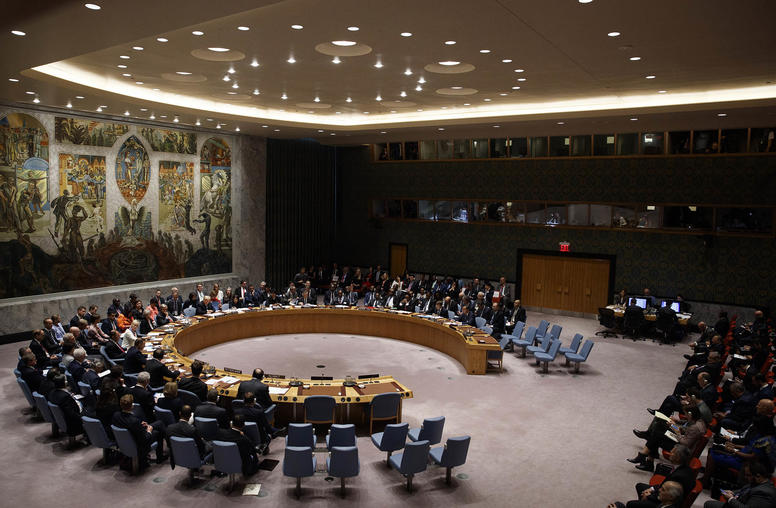
The U.N. Security Council Was Designed for Deadlock — Can it Change?
When Russia invaded Ukraine in February 2022, its permanent seat at the U.N. Security Council (UNSC) quickly snarled the prospects of multilateral action. Eighty-one of the U.N.’s 193 member-states cosponsored a resolution denouncing the invasion — a clear violation of the core principles of the U.N. Charter and international law — and Russia, exercising its privileges as a permanent member, immediately and unilaterally vetoed it. The year since Russia’s invasion has only strengthened an already-widespread consensus on how broken the UNSC is, with subsequent calls for change gathering real momentum. Still, real structural reform remains a distant prospect: no matter how much they publicly acknowledge its unjust rules, permanent members are unlikely to undermine their own advantages in the council. But there are other, more informal engines of change at the UNSC.
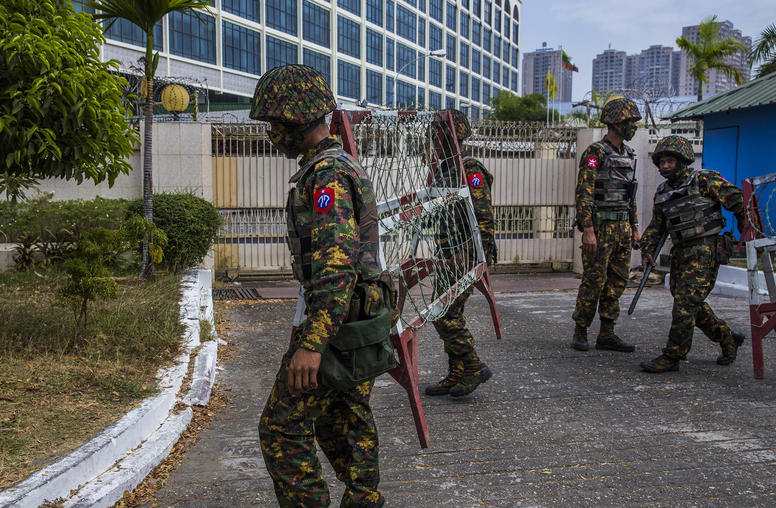
Atrocities in Myanmar: Documenting the Junta’s Attacks on Civilians
Even before the February 2021 coup, Myanmar’s military often deployed systematic violence against civilians, developing a reputation for ruthlessness that dates back decades. Their abuse of ethnic minorities such as the Rohingya have been the subject of countless international human rights investigations, while their nearly unchecked power allowed them to operate with impunity.
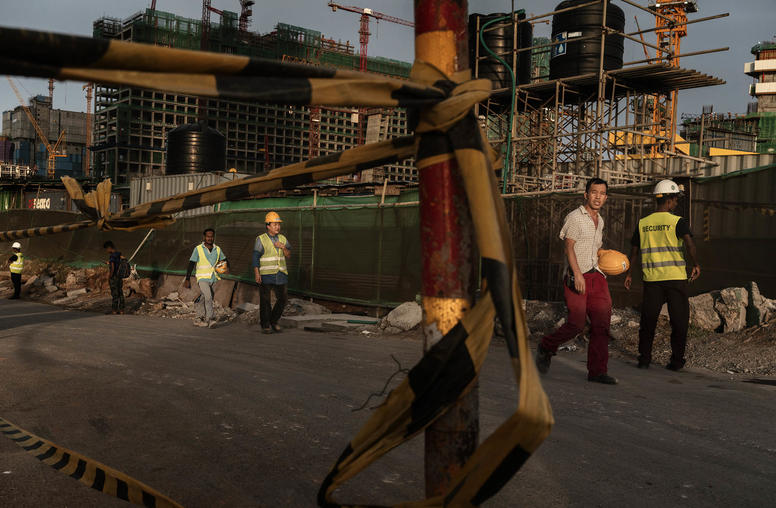
Does China’s Coercive Economic Statecraft Actually Work?
Much ado has been made in recent years over China’s use of economic diplomacy in its foreign policy, perhaps best characterized by its massive trillion-dollar connectivity project, the Belt and Road Initiative (BRI). As developing countries have turned to China for economic assistance and development, observers have warned that Chinese loan assistance to poor countries can come with strings attached, particularly enhanced political leverage for Beijing. But the extent to which Beijing is able to truly exert influence through economic statecraft remains an open and important question for researchers and policymakers alike, says China analyst Matt Ferchen.
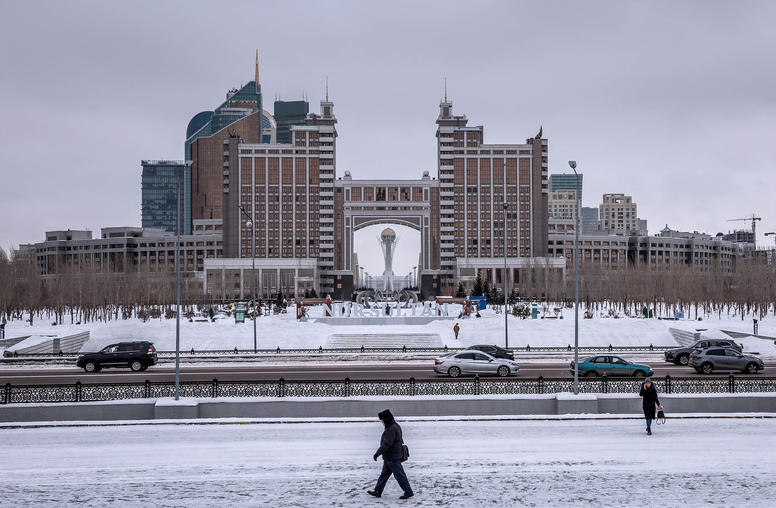
Blinken Debuts New U.S. Approach in Central Asia
U.S. Secretary of State Antony Blinken visited Kazakhstan and Uzbekistan this week, where he signaled that Washington is changing tact in the region. For nearly two decades, U.S. engagement in the region focused on how it could help Washington in Afghanistan. Following the Afghanistan withdrawal, U.S. policy in Central Asia should be more modest, focused on helping these countries achieve balance in their relations with each other and the outside world, particularly in an era of great power competition. After all, these countries are neighbors of Russia and China and can’t afford to choose sides.
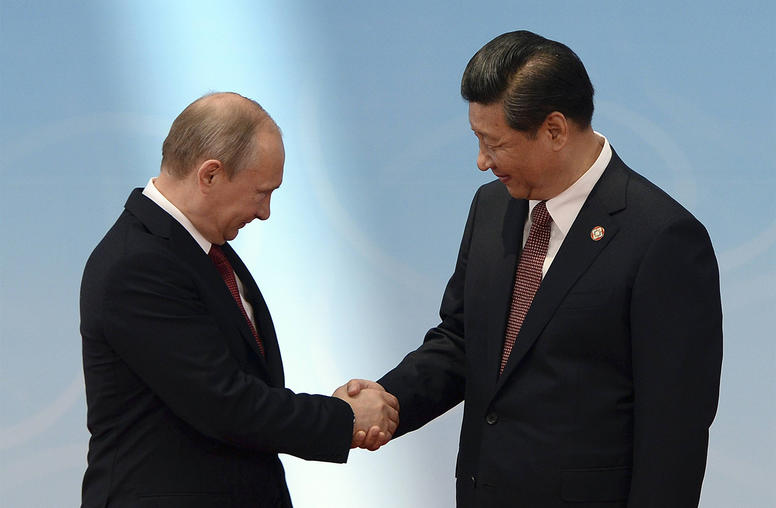
What China's 'Peace Plan' Reveals about its Stance on Russia's War on Ukraine
Despite Russia’s invasion of Ukraine — which marks a clear violation of international law — Moscow has enjoyed support from a number of countries. Foremost among these is China. Over the last year, Beijing has not supported Russia in U.N. votes, has refrained from providing Russia with weapons, and has publicly proclaimed neutrality. But China has also refused to condemn the invasion, often repeated the Kremlin’s talking points about the war, opposed sanctions against Russia and helped prop up its economy. On the anniversary of the invasion, China released what it had previewed as a peace plan, which really amounted to a statement of principles reflecting Beijing’s longstanding talking points about the war.
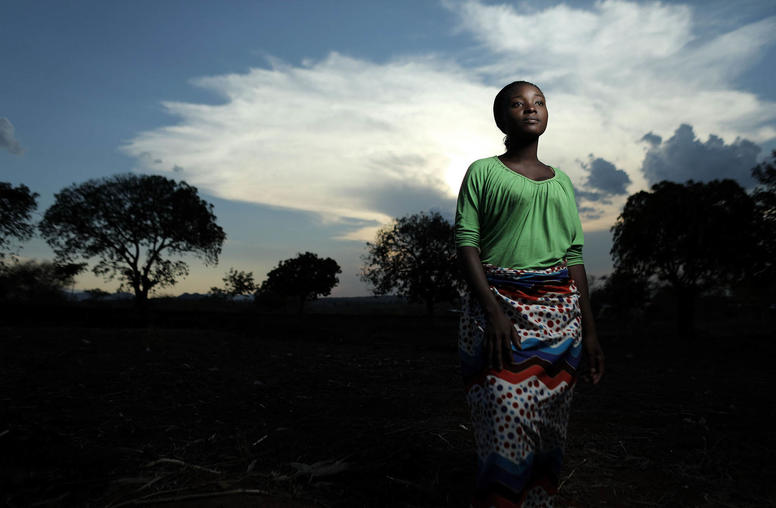
PEPFAR’s Profound Legacy 20 Years On
This year marks the 20th anniversary of the President’s Emergency Plan for Aids Relief (PEPFAR), the George W. Bush administration’s landmark global health initiative. When Bush announced the initiative during his 2003 State of the Union address, approximately 30 million Africans were infected with HIV/AIDs and had almost no access to treatment. Twenty years later, PEPFAR is estimated to have saved 25 million lives and is credited for helping turn the tide on the global HIV pandemic.
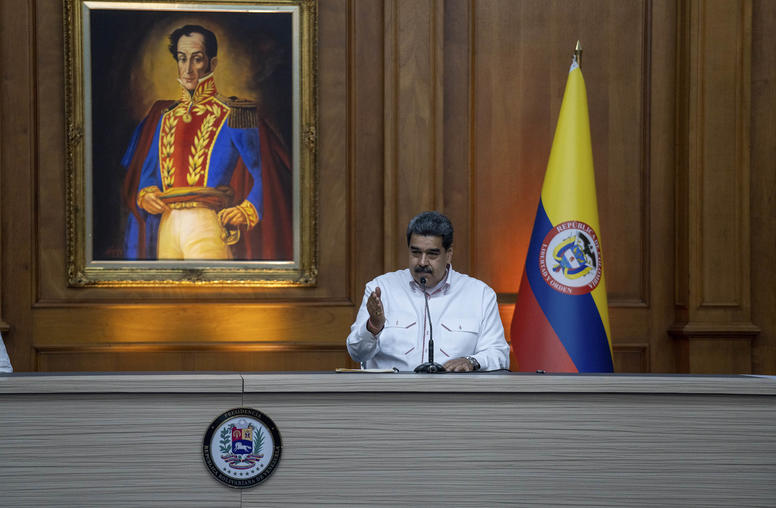
A Bipartisan U.S. Approach on Venezuela Is Possible — and Necessary
Despite divided government in Washington, there is ample room for bipartisan action on U.S. foreign policy. Countering China and buttressing Ukraine against Russia top the list, but the foremost opportunity for Republicans and Democrats to work together may be in Venezuela, where presidential elections next year offer the best chance in years for a democratic opening.
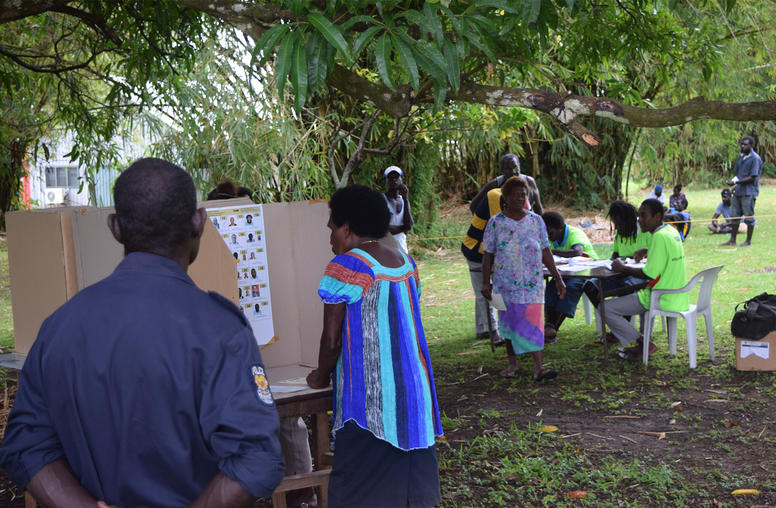
What Does U.S. Reengagement in Papua New Guinea Mean for Bougainville?
As Washington reengages in the Pacific, it must not overlook Bougainville, an autonomous and want-away region of Papua New Guinea. The United States is neutral on Bougainville’s future political status, which is for Papua New Guinea and Bougainville to resolve. Nevertheless, Washington should recall long U.S.-Bougainville historical ties, and consider how the Pacific Partnership Strategy could be leveraged to benefit the people of Bougainville, whatever their future political status might be.
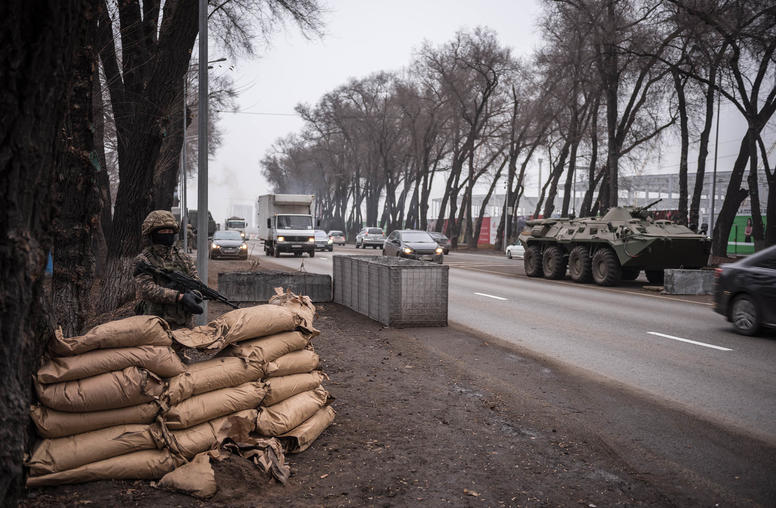
Central Asia Needs a New Approach to Security
After three decades of independence following the fall of the Soviet Union, Central Asian countries continue to face challenges to their stability and governance. Last year saw large-scale domestic unrest in three of the region’s five countries — Kazakhstan, Tajikistan and Uzbekistan — and a devastating cross-border conflict between Kyrgyzstan and Tajikistan was the largest ever trans-boundary escalation in the region. Many of these events follow similar patterns: growing tensions and grievances among citizens lead to protests, which are met with a harsh and disproportionate response including the use of lethal force by security forces, feeding into further mistrust between authorities and the population.

Nigeria’s Vote Signals Risks: How Its Partners Can Support Democracy
Nigeria’s disputed election 12 days ago is raising protest at home and concern abroad over its implications for the strength of democracy in that country and across Africa. Yesterday’s new wrinkle was the postponement of this week’s planned election for Nigerian state governors. Nigeria’s electoral commission is working to fix problems in a vote management system that failed to transparently process and report a result on February 25. An erosion of democracy’s credibility in Africa’s most populous nation would be catastrophic.